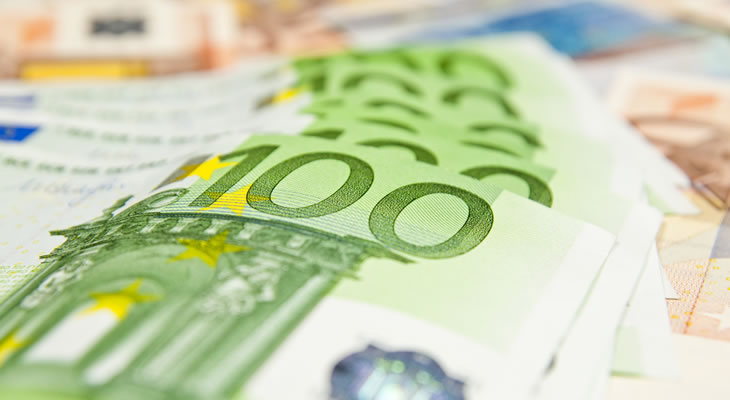The Euro (EUR) has made a minor rise against the Pound (GBP) today, following the release of supportive Eurozone PMI data.
Flash estimates for June has shown unexpected growth for the services and composite readings; these results have raised Euro trader confidence.
There has been a more recent shock with US President Donald Trump threatening tariffs against EU car exports, but this hasn’t damaged the Euro.
(Last updated 16:25 GMT, June 22nd, 2018)
Falling German Sentiment Levels could Drag EUR/GBP Exchange Rate Lower
The Euro (EUR) has made overall gains against the Pound (GBP) this week, but there could be losses next week when German confidence data comes out.
Monday’s Ifo readings of business confidence, current conditions and expectations in June are expected to show declining readings for the first two categories.
While lower economic optimism doesn’t necessarily mean that conditions are as bad as they seem, the Euro could still be weakened by declining data.
Additional Danger of EUR/GBP Exchange Rate Decline on Lower Eurozone Confidence
Beyond the German economic confidence readings, the Euro to Pound (EUR/GBP) exchange rate might also be negatively affected by Eurozone-wide stats next week.
Thursday morning will bring a series of Eurozone confidence readings for June; all are predicted to show declining levels of optimism.
Business confidence and services sector confidence scores are both tipped to decline, along with final consumer confidence and economic sentiment figures.
As with the Ifo German readings, conditions may be better than they appear but EUR/GBP exchange rate losses are still a risk if all readings show a decline.
Risk of Pound Sterling to Euro (GBP/EUR) Exchange Rate Losses on UK GDP Slowdown
Although the Pound (GBP) made major gains against the Euro (EUR) recently, the week ahead could lead to a converse GBP/EUR exchange rate decline.
High-impact finalised UK GDP readings will be out next Friday and are forecast to show slowing levels of activity on the quarter and the year in Q1 2018.
Although most economists have already pencilled in these lower GDP readings, the finalised figures would confirm these assumptions and could damage the Pound.
A poor start to the year could mean that the Q2 GDP readings are also disappointing, potentially setting up a GBP/EUR decline in the future when more data comes out.
Will UK Business Investment Slowdown Drag GBP/EUR Exchange Rate Lower?
Also out on the coming Friday will be finalised UK business investment stats for Q1 2018.
Like the final GDP results, these may end up weakening the Pound to Euro (GBP/EUR) exchange rate at the end of the coming week.
The final figures are tipped to show lower business investment for the quarterly and annual readings; in the former case a shift from 0.3% to -0.2% is anticipated.
Lower levels of business investment would suggest a drop in confidence regarding the UK economy, potentially down to Brexit-related concerns.
Over time, reduced levels of investment could have a knock-on negative effect for UK GDP, damaging the UK currency.


Comments are closed.